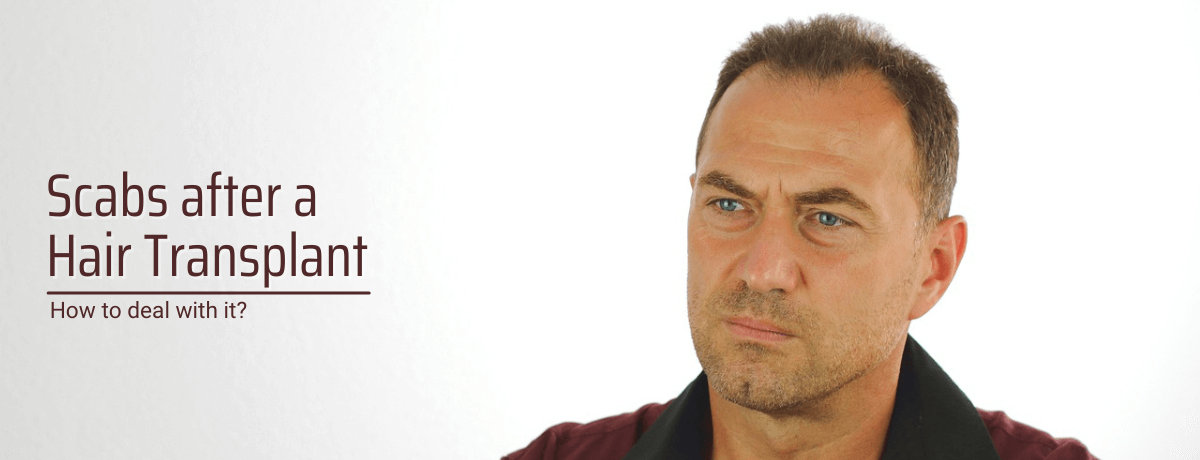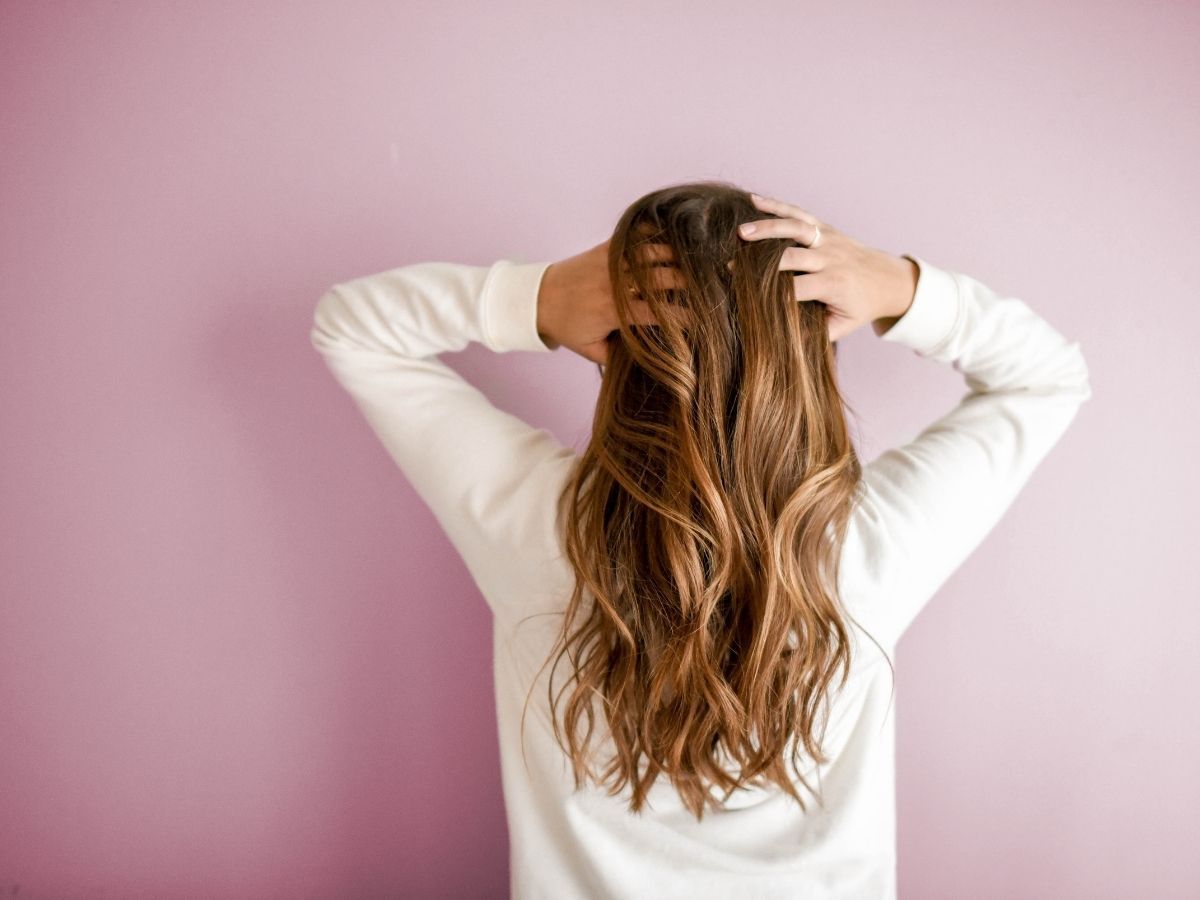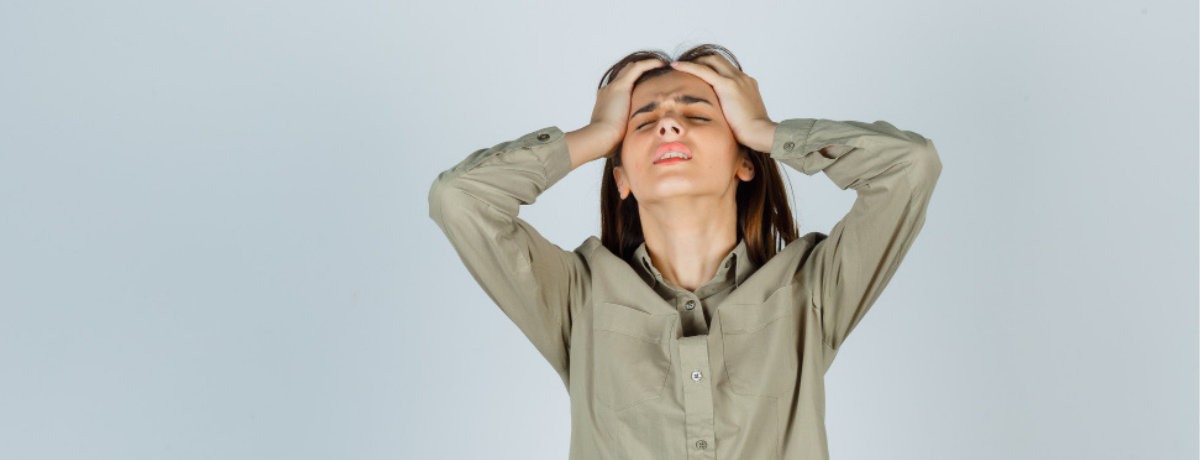Hair transplantation is a medical procedure that involves moving your hair from one section of your scalp to another. In Surat, a hair transplant doctor removes healthy hair follicles from the scalp’s donor area and implants them in the balding area.
Many people in Surat are opting for hair transplants these days. It is a long-term cure for people who are suffering from baldness and thinning of hair excessively.
Eventually, most people approach their top hair transplant clinic in Surat after the surgery with the same question: how do they get rid of the scabs?
Let us start with an overview of scabs:
Scabs are small incisions made on your scalp by your doctor during the grafting process. Scabs grow on your scalp as a result of this.
These scabs may be bothering you. But do not worry; it is just part of the healing process. In most cases, the scabs can come off in 7-14 days. After having a hair transplant treatment, scabs may not come off on their own, but you can get rid of them by washing your scalp.
However, keeping the following points in mind when dealing with scabs will be beneficial for you:
- You should avoid scratching your head to get rid of the scabs.
- Stay away from touching them for a whole week.
- Refrain yourself from touching your scalp as it may damage your transplanted hair grafts.
- If you try to remove scabs from your scalp by using your nail, it may cause severe infections and damage your hair grafts.
- Spray saline water regularly after having the hair transplant surgery for at least five days.
So, how to take care of your scalp and get rid of scabs?
Your first hair wash will be three days after the surgery. So, use a mild shampoo to wash your hair. Rinse with lukewarm water after shampooing the hair gently.
These scabs will start to fall off on their own after 7-8 days. Consult your best hair transplant doctor in Surat if the scabs do not come off after ten days.
After 15 days, you should give your scalp a gentle massage. It will help your hair follicles to receive enough blood supply. At this time, the massage will not harm your implanted hair follicles.
What would you do if you have Scalp Scabs?
Here are a few things to keep in mind:
- The scabs do not need to be removed; they can come off on their own after drying.
- Some physicians advise their patients to wash their heads in a bathtub. You should use warm water and baby oil while having this scalp wash.
- To further minimize the scabbing, soak your scalp for about 45 minutes.
- If your hair transplant surgeon prescribes, then massage your scalp to speed up the healing process and reduce scabbing.
- While massaging your scalp, avoid using your nails.
- Do not pick the scabs. Picking these scabs will hamper the grafts since they are recently transplanted scalp.
- For the first four days after the transplant, don’t touch your head.
Scabs and crusts are often confused. Scabs are dried blood, and crusts are graft tissues that have died. The shampoo is an easy way to get rid of scabs and crusts. Consult at the best hair transplant clinic in Surat if the scabs and crusts do not come off independently.
Your doctor will prescribe the appropriate medication to get rid of these. If you avail of home remedies, they can inflict infections on your scalp. Along with these, you must follow a few things after a hair transplant:
- For at least three days after the surgery, refrain from smoking and consuming alcoholic beverages.
- Avoid certain medications like aspirin, vitamins, pain relievers, and antibiotics.
- After the surgery, you must rest for one week.
- If you sit or stand for an extended period, the swelling can spread to your face.
- Do not use hair dryers for a few days.
- Follow the guidance given by your hair transplant surgeon.
After a hair transplant, scabs are expected. It is a part of the recovery process. But don’t be concerned; the scabs will come off automatically. If the scabs don’t come off, talk to the hair transplant specialist about it.
Frequently Asked Questions:
After a hair transplant, how do you get rid of hard scabs?
To help decrease scabbing, soak for at least 45 minutes. Massaging aids in the healing process and helps to prevent scabbing. When massaging the scabs, be careful not to use your nails because they are tightly attached to the transplanted hair. If the grafts are dislodged by picking the scabs with nails, the grafts will be dislodged as well.







